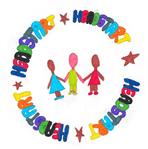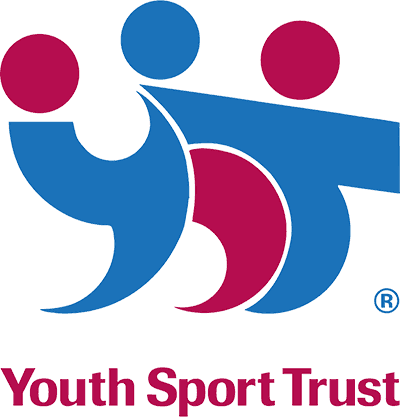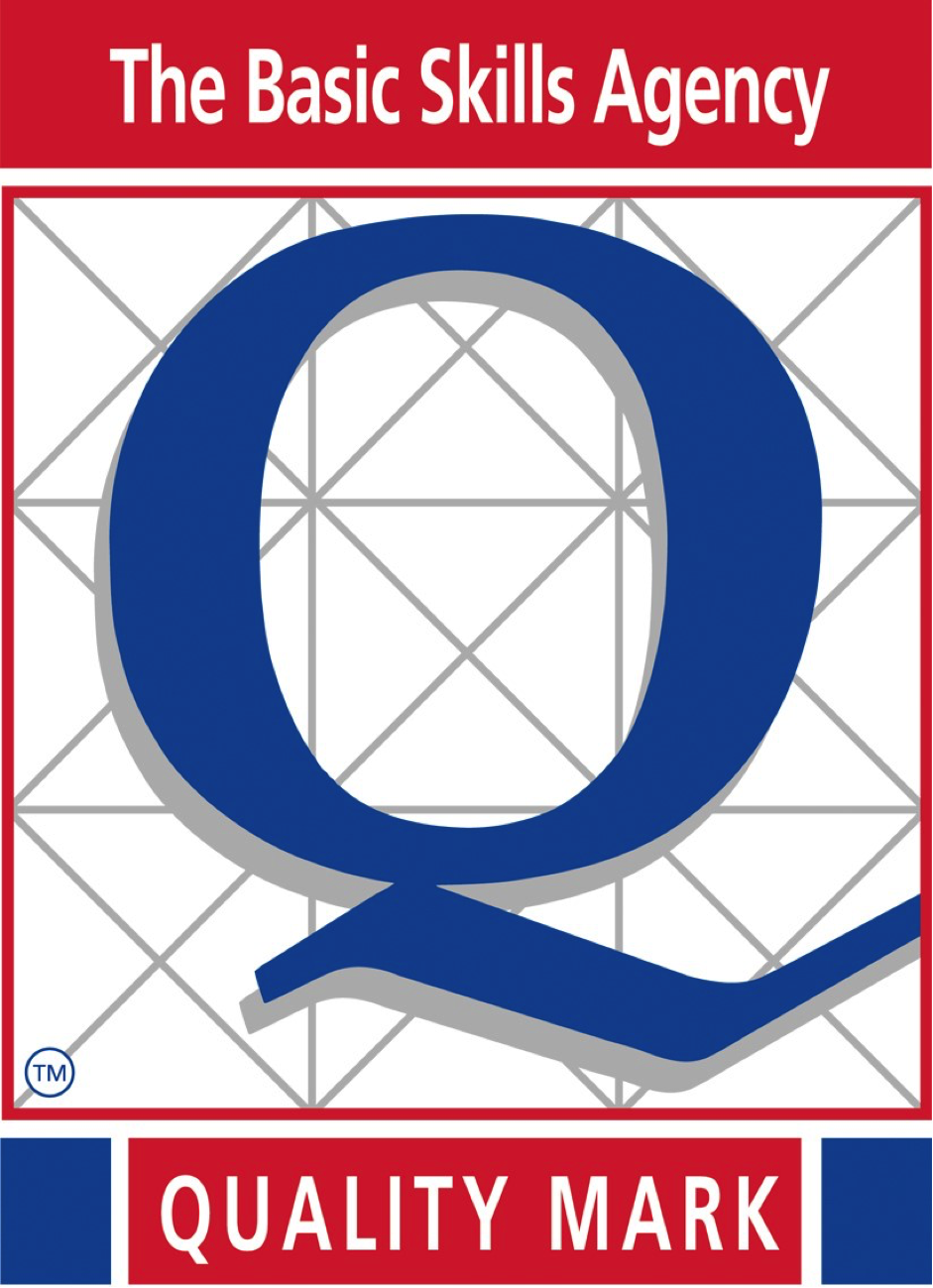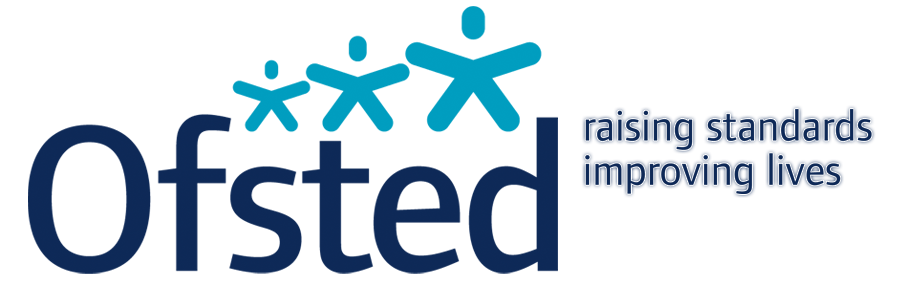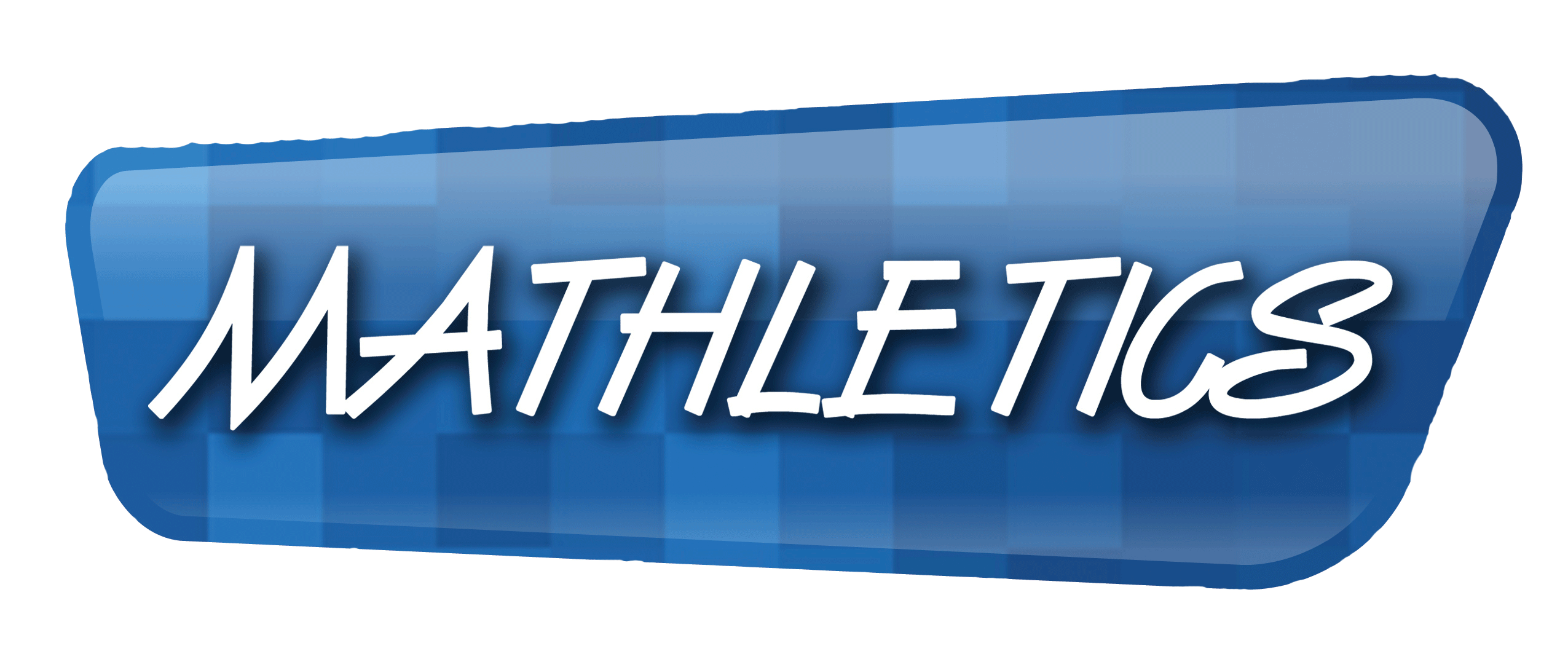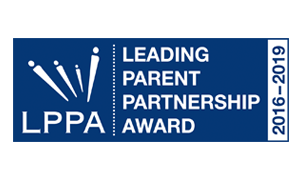Maths
At Viewley Hill, we recognise that Mathematics is a vital part of the school curriculum and a powerful means of communication. It is an important skill that runs throughout life, developing from acquiring skills as a child to using them as an adult. We believe that through Mathematics we can teach flexibility, accuracy, initiative, logical and systematic thinking whilst retaining a sense of interest and fun. We are encouraging our children to develop Mastery of mathematics, which leads to true understanding.
Mastery: The ability to use and manipulate mathematical concepts
Our Aims
At our school we aim to give the children a broad, balanced and progressive programme of mathematics.
Through the whole of our maths provision, we will enable children
- To access a balanced curriculum based on the National Curriculum and the Primary Framework
- To become numerate, through presenting Mathematics in an interesting and challenging way
- To raise their attainment in mathematics
- To develop a positive and confident attitude towards mathematics
- To use and apply their mathematical skills and knowledge to solve problems and communicate ideas
Children will be taught using concrete, pictoral and abstract methods to support understanding:
Concrete Representation
The practical stage. Children are first introduced to an idea/skill/concept by physically acting it out with real objects, this could also involve the outdoor environment. This is a ‘hands on’ stage using real objects linked to real-life and the wider curriculum and/or mathematical equipment, (e.g. five and ten frames, Dienes, Numicon etc.) and it is the prerequisite for a CONCEPTUAL UNDERSTANDING.
Pictorial Representation
The image stage. A child must of attained a sufficient understanding at the practical, CONCRETE experiences performed and can now relate them to PICTORIAL representations, such as a DIAGRAM or PICTURES of the problem. PICTORIAL representations, such as the bar model, can also be used to aid a child’s understanding.
Abstract Representation
The symbolic stage. Children must be taught how to represent problems by using ABSTRACT mathematical notation, e.g. 12 x 2 = 24. The previous two methods of working out should facilitate the transition into enabling all children to complete abstract working out with understanding of what they are doing.
Teachers will model all three methods of working to encourage children to practically use equipment, to visually see a concept, and then to apply the prior learning in order to utilise a more abstract method which involves using symbols, digits and working mentally. As pupils progress through school, they will be taught a range of strategies for solving calculations. These will be informal methods at first and then, when pupils are ready, they will be taught more formal methods of recording. The structure for the progression of these is set out in an agreed school guidance document: Calculation Policy.
White Rose Maths is used to support long term planning and organisation of the curriculum. The use of small steps planning supports our children in building on their prior learning in order to secure their understanding of mathematical concepts. Within each stand of learning, children are provided with the opportunity to improve their fluency and to tackle mathematical questions through varied fluency, reasoning and problem solving. Please see long term maps below. Teachers may adapt the length of the units to suit the needs of the children.
Please see links below for progression documents for the different mathematical strands.





